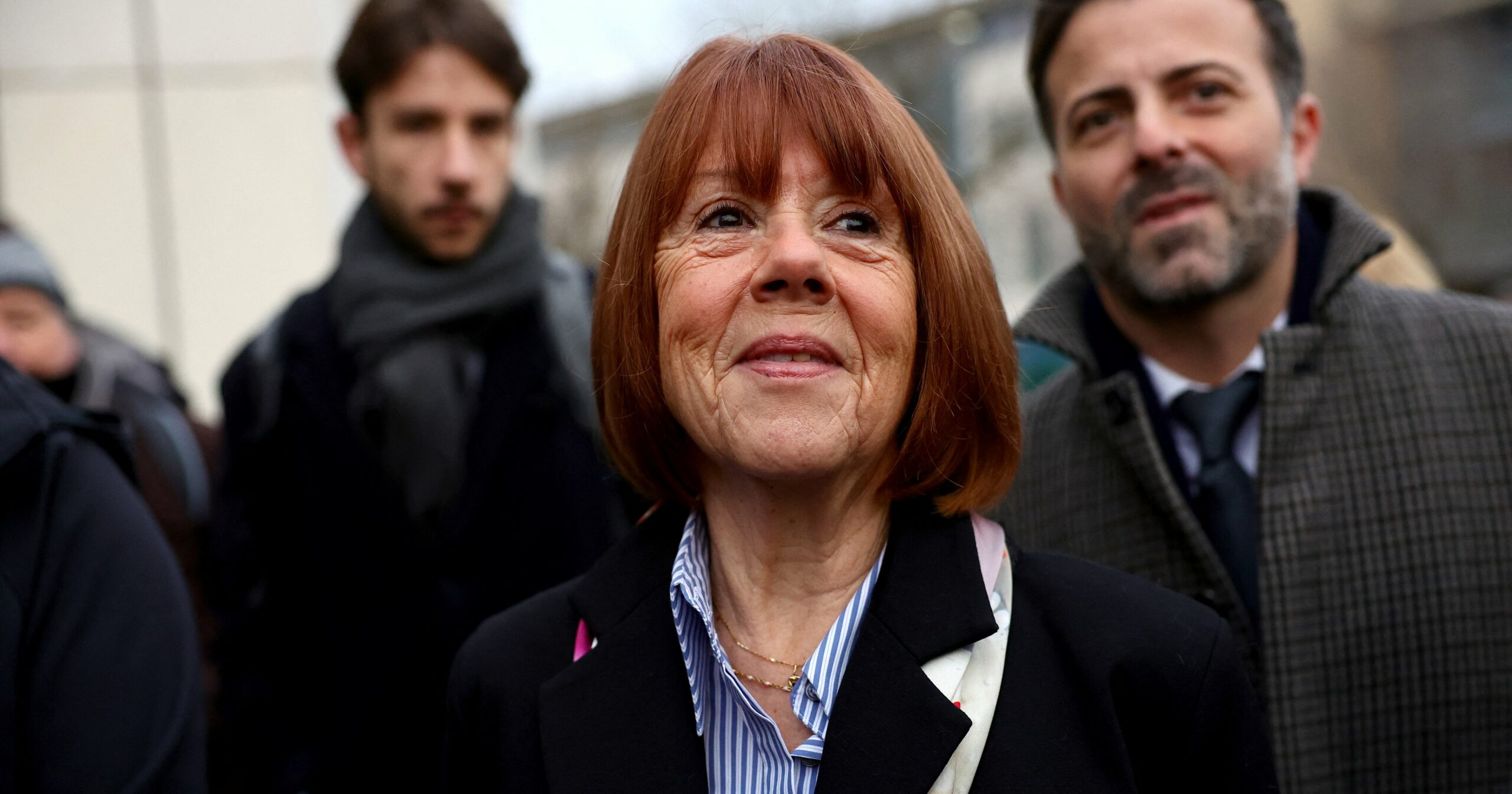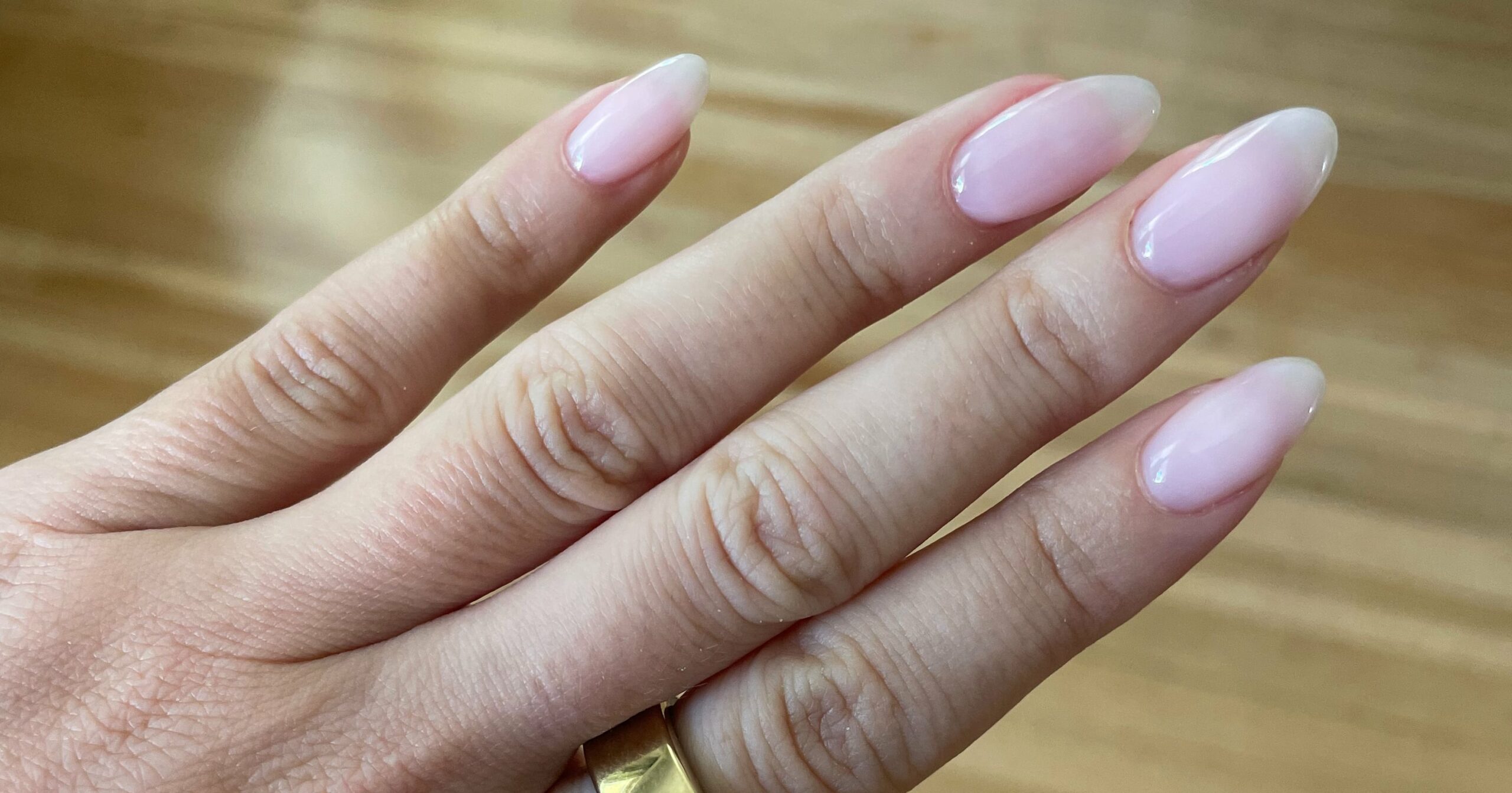I was a teenager slogging through an English class in Lahore, Pakistan, in 2002 when news broke out of Mukhtaran Mai’s gang rape a couple hundred miles south. My teacher laughed the news off, like many others in the country – even public representatives, who called Mai’s reporting of her rape a publicity stunt.
I was reminded of this moment this past week, as I watched with the rest of the world as France’s Gisèle Pelicot got the justice she deserved. On Thursday, 51 men, including her ex-husband, were found guilty of rape. As the Associated Press reports, the men were convicted of sexually assaulting Pelicot after her ex-husband, Dominique Pelicot, drugged her; the rapes took place repeatedly for nearly a decade.
When I was growing up in Pakistan, rape accusations were dismissed as lies. The idea that women brought the fate upon themselves was rampant. South Asia as a whole has a bleak history of rape crime prosecution, and Pakistan is even worse; it’s often deemed one of the worst places to be a woman. But Mukhtaran Mai was one of the first survivors to change public opinion because of the extreme ghastliness of her case. Unlike other survivors, she had witnesses – the entire village had heard her being raped multiple times. And unlike other survivors, she did not stay silent; she pursued a case against her rapists. Still, this act of bravery was never given the widespread recognition she deserved.
Pelicot’s story is the epilogue of all the voices who were silenced by shame.
This is why Pelicot is so important. Decades after Mai first changed the public’s opinion on rape in my country, Pelicot’s courage has turned her into not just an icon in France, but around the world. Her case is particularly harrowing – the betrayal of trust by her ex-husband and the father of her three children, the decade-long ordeal of multiple rapes, the gruesome recordings.
Like Mai, Pelicot is unlike other survivors. She made the courageous decision to make her case public, cementing into history her quote that “shame must change sides.” She sat through testimony and those gruesome recordings, holding her head high. She spoke to hundreds of flashing cameras, not just because she wanted the world to listen, but because she wanted other survivors to hear her.
In her latest appearance after the guilty verdict, she said, “I wanted all of society to be a witness to the debates that took place here. I never regretted making this decision.” It was an astonishing moment, one that felt both singular and part of a much longer, larger narrative.
For me, Pelicot’s story is the epilogue of all the voices who were silenced by shame. Those in the US might’ve felt like the Me Too movement was a watershed moment in this country, but small (and big) steps forward have been happening for decades now.
Take my own family. Years ago, a friend asked me if any women in my family suffered during the Indian Partition, a particularly dark event during which India was divided into two. I went down a research rabbithole, learning that thousands of women were allegedly kidnapped, raped, mutilated, killed, or forcefully married. Most were never heard of again. There was societal discrimination, systematic violence, and a state policy to forcefully bring back the women who didn’t want to return to their families of origin. They managed this trauma and shame through their silence.
Those women who survived the bloodiest and largest migration in human history didn’t have the opportunity to speak up. Even now, India and Pakistan celebrate their birth anniversaries by displaying tanks and rockets during military parades but carefully never mention the women.
So many women across the world, from France to the US to India and Pakistan, have stories that have stayed silent, hidden in the shadows. But in speaking her truth, in showing her face, in reclaiming her name, Pelicot has paid the greatest tribute to everyone who has suffered from sexual and gender violence. Those who survived, and those who didn’t. Those who could speak, and those who couldn’t. Those who got justice, and those who never will.
More than 20 years ago, Mukhataran Mai’s story was burned into my memory, a symbol of how far we had to go in believing women. Today, Gisèle Pelicot is symbolic of a new future: One where women are not shamed into silence. One where we get the justice we deserve.
Ammara Ahmad is a journalist and writer from Lahore, Pakistan, who’s been chasing stories (and sometimes trouble) across South Asia. Her work has appeared in English publications in India and Pakistan, where she wrote about human rights, terrorism, and media freedom.




